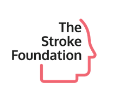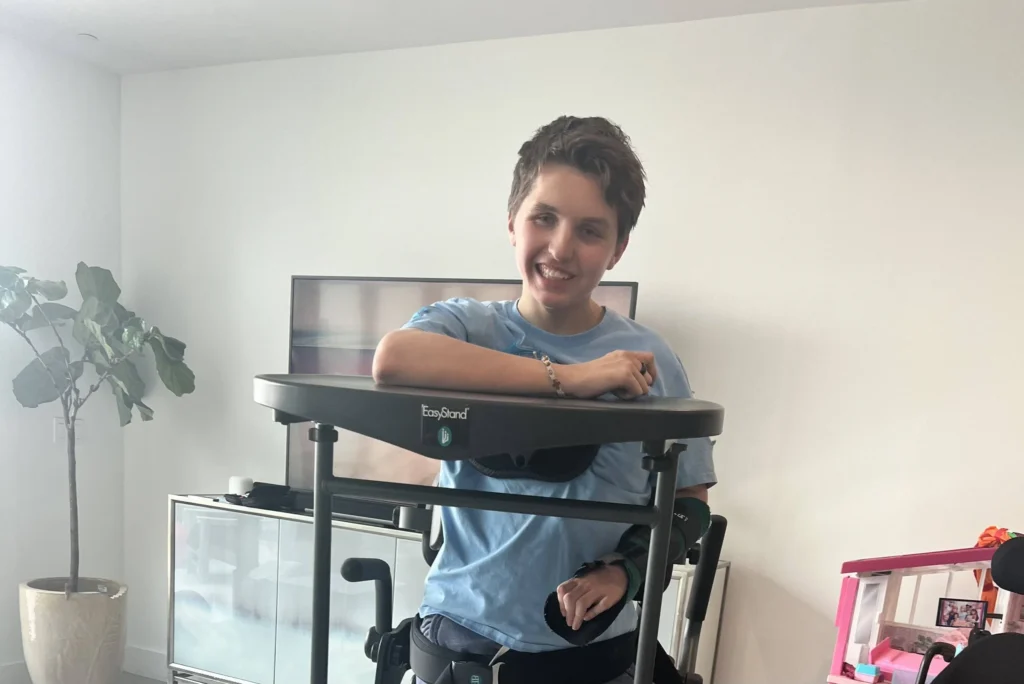After experiencing a stroke, the transition from hospital care to home is a critical time for stroke patients and their families. Ensuring that you have the right resources in place before leaving the hospital can make a significant difference in the recovery process.
WHO?
In most hospitals, the person responsible for helping patients find resources for their care is typically known as a Case Manager or Discharge Planner. Sometimes, this role is also filled by a Social Worker or a Patient Navigator. Here’s a breakdown of the key roles:
- Case Manager: A case manager coordinates care for patients, ensuring that they have the necessary resources and support for discharge. They work closely with the medical team to create a discharge plan, which may include arranging rehabilitation services, home care, and follow-up appointments.
- Discharge Planner: Sometimes a specific discharge planner is assigned to assist with the transition from hospital to home. They help ensure that patients have everything they need, such as medications, assistive devices, and home health services.
- Social Worker: Hospital social workers often assist with the emotional and social aspects of recovery, including helping patients and families navigate insurance, financial assistance, and community resources. They can also coordinate with case managers for a smooth transition.
- Patient Navigator: In some hospitals, patient navigators guide patients through the healthcare system, helping them understand their treatment options and connect with resources for follow-up care.
When seeking assistance, you can ask to speak with the case manager or social worker assigned to your care. Here is a list of essential resources that stroke patients should ask for before discharge, along with tips on how to request them.
WHAT and HOW?
1. Discharge Planning
- What to Ask For: A comprehensive discharge plan that outlines your medical care, medications, therapy, and follow-up appointments.
- How to Ask:
- “Can I have a detailed discharge plan that includes my medications, therapy, and follow-up care?”
- “Who will be responsible for coordinating my care after I leave the hospital?”
2. Rehabilitation Services
- What to Ask For: Referrals to rehabilitation services, including physical therapy, occupational therapy, and speech therapy, either in a facility or at home.
- How to Ask:
- “What rehabilitation services do I need after discharge, and how can I get a referral?”
- “Can you provide information on in-home rehabilitation options if I can’t travel to a facility?”
3. Medication Management
- What to Ask For: A clear list of prescribed medications, including dosage instructions and information on possible side effects.
- How to Ask:
- “Can I get a list of all my medications with detailed instructions on how to take them?”
- “What side effects should I watch out for, and who should I contact if they occur?”
4. Home Health Care
- What to Ask For: Information on home health care services, including in-home nursing, personal care, and home therapy services if needed.
- How to Ask:
- “What home health care services are available, and how can I arrange for them?”
- “Will I need in-home nursing care or help with daily activities after I leave the hospital?”
5. Assistive Devices and Equipment
- What to Ask For: Recommendations and prescriptions for assistive devices such as wheelchairs, walkers, grab bars, and other equipment that may be needed at home.
- How to Ask:
- “What assistive devices or equipment will I need to help me at home?”
- “How can I get a prescription for a wheelchair or walker if I need one?”
6. Education and Training for Caregivers
- What to Ask For: Training and educational materials for caregivers on how to assist with daily activities, manage medications, and handle emergencies.
- How to Ask:
- “Can you provide training for my caregiver on how to assist me at home?”
- “What educational materials are available for caregivers to help them understand my condition?”
7. Mental Health and Emotional Support
- What to Ask For: Referrals to mental health services, such as counseling or therapy, to address the emotional and psychological impact of a stroke.
- How to Ask:
- “Can I get a referral for mental health support, like counseling or therapy?”
- “Are there any support groups for stroke survivors that I can join?”
8. Dietary and Nutrition Counseling
- What to Ask For: Guidance on diet and nutrition to help with recovery and prevent future strokes, including consultations with a dietitian if needed.
- How to Ask:
- “Can I speak with a dietitian about my diet and how to eat healthy after my stroke?”
- “What dietary changes do I need to make, and how can I get support with that?”
9. Financial and Legal Assistance
- What to Ask For: Information on financial resources, such as insurance coverage, disability benefits, and assistance programs, as well as guidance on legal matters like advance directives.
- How to Ask:
- “Can someone help me understand my insurance coverage and what financial assistance is available for stroke recovery?”
- “What legal resources are available to help with issues like disability benefits or advance directives?”
10. Follow-Up Appointments and Ongoing Care
- What to Ask For: A schedule of follow-up appointments with your healthcare providers, including neurologists, cardiologists, and primary care physicians.
- How to Ask:
- “When are my follow-up appointments scheduled, and what doctors do I need to see?”
- “Who will be coordinating my ongoing care after discharge?”
11. Emergency and Safety Plans
- What to Ask For: Instructions on what to do in case of an emergency, including how to recognize signs of another stroke and when to call for help.
- How to Ask:
- “What should I do if I notice symptoms of another stroke?”
- “Can you provide me with an emergency plan for stroke-related symptoms?”
12. Stroke Support Groups and Community Resources
- What to Ask For: Information on local and online stroke support groups, as well as community resources that can offer additional assistance.
- How to Ask:
- “Are there any stroke support groups I can join in my area?”
- “What community resources are available to help me during my recovery?”
Before leaving the hospital, stroke patients and their families should proactively seek out these essential resources to ensure a smooth transition to life at home. By asking the right questions and making sure all necessary arrangements are in place, stroke survivors can set themselves up for a successful recovery journey. Remember that your healthcare team is there to support you—don’t hesitate to ask for the help and resources you need.





